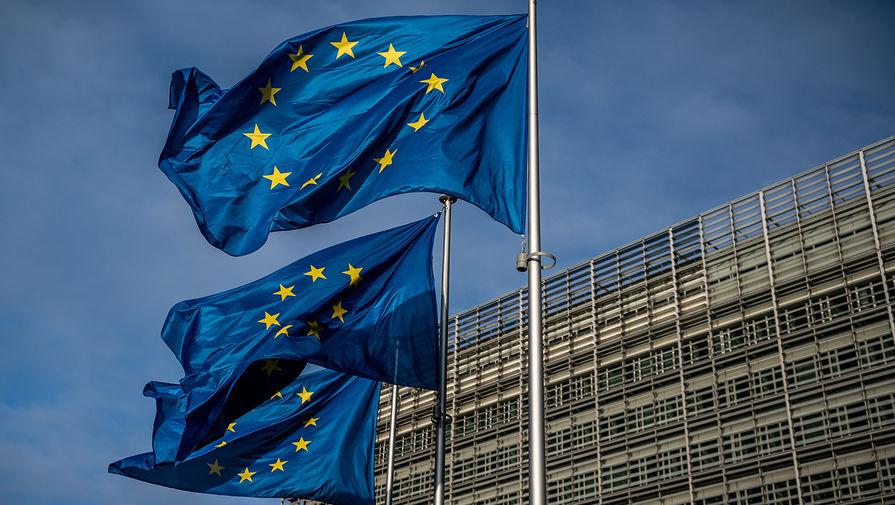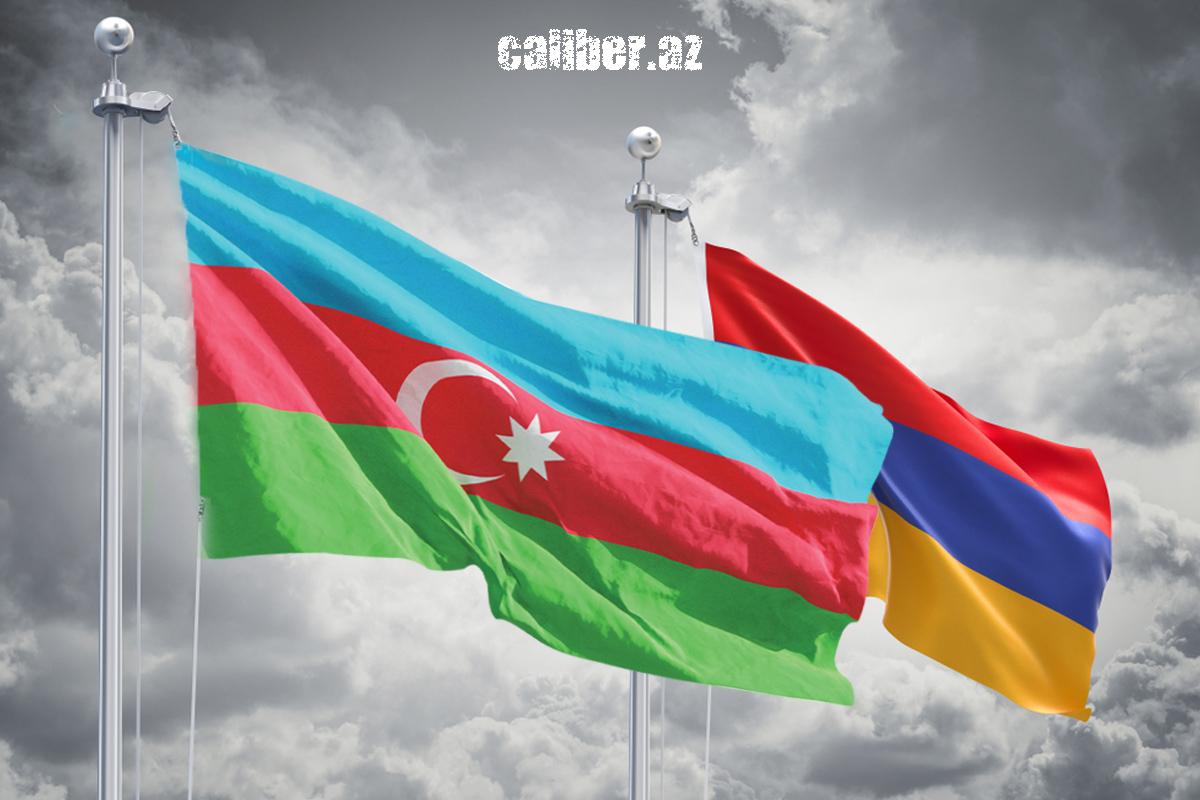"No local conflict in Karabakh will be solved in favour of Armenia" Stas Pritchin for Caliber.Az
Senior Fellow at the Center for Post-Soviet Studies at IMEMO RAS, Russian expert, Stas Pritchin shared his views on a number of urgent problems for Azerbaijan with Caliber.Az.
- How would you assess the chances for normalization of Armenian-Azerbaijani relations at this stage of the negotiation process?
- The process of normalization is quite a long story if we are talking about the full restoration of political, and economic relations, especially considering the fact that for almost thirty years, the sides looked at each other as enemies, through trenches and guns. At the same time, they did not even presume that in one day they would have to solve some questions on the border, on transport, and work out the legal framework which would regulate the whole range of necessary contacts, up to and including the customs regulations. All these efforts require an enormous amount of time, given the fact that to date the fundamentally important issues on the border and on the peace treaty, in general, have not yet been resolved. Nevertheless, it is clear that the process is going on, albeit with difficulty, and there is a gradual convergence of positions.
- What is the likelihood of a compromise approach by the parties to the issue of border delimitation and demarcation?
- Demarcation and delimitation is a long process with several stages. First, it is the work of border guards, people who are responsible for logistics, who agree to measure the territories step by step, meter by meter. In this case, everything is complicated by the fact that the Lachin and Kalbajar districts liberated by Azerbaijan are mountainous terrain. It is also important that the commissions formed to delimit the border are not yet at their full capacity.
Meanwhile, even allied states have certain border issues from time to time. The US and Canada have not yet delimitated the entire border between them. I believe it will take months, perhaps years, to resolve this key issue, assuming, of course, that the parties have the political will to close it.

- How do you assess Europe's mediation efforts in the Baku-Yerevan talks? Do you think this prevents or helps the promotion of a peaceful agenda in the Caucasus?
- We can see that the European Union has recently become more active and has taken a proactive stance on the settlement, without presenting any fundamentally new approach. It uses the developments that were previously formulated within the framework of the OSCE Minsk Group, the same statement on the ceasefire that was signed with the participation of the Russian President in November 2020. That is, from a conceptual, methodological point of view, the European Union is just another platform that tries to take advantage of the parties' demand for additional mediators, in the expectation that these new formats will strengthen the negotiating positions. But, as we can see, this is not happening.
Even though the European Union is concentrating on some specific issues, for example, the peace treaty, there has been no progress, which is mainly due to the unwillingness of the sides to resolve issues between themselves. There is resistance to agreements in Armenia, and Azerbaijan also puts tough conditions for signing any agreements. So no matter how powerful the mediators are, no matter which new approaches they propose, there has to be a compromise between the two sides that fought in the past. Therefore, I believe that the EU has not brought anything new to the table and is trying to seize the opportunity for mediation in the current geopolitical situation.

- Do you think a new war in Karabakh is possible, given the revanchist sentiments in Armenia?
- It is clear that when forecasting the development of the situation around the conflict zones, we cannot rule out escalation. But in this particular situation, escalation will not be long-lasting, because now there is a dominant position of a stronger player - Azerbaijan. It will be difficult for Armenia to counter something against Azerbaijan under the current conditions, especially without the previous status quo and protective belts. After all, even the Khankendi region is in a very vulnerable position, because the key positions around it are controlled by the Azerbaijani army. Accordingly, if any local conflict occurs, it will be quickly resolved not in favour of Armenia. This is a military strategic disposition.
- So you rule out the achievement of the peace agreement between Baku and Yerevan in the foreseeable future?
- In my understanding, a peace agreement is a document, which puts an end to the solution of a whole range of issues, including all the issues on the border, the recognition of each other's territorial integrity, and agreed transport issues. As far as I understand, Azerbaijan is of the opinion that a peace treaty is needed in order to fully launch relations and negotiations in other directions. That is, it is like the first document that will be the basis for solving the remaining key issues. But despite this approach of separating directions, it does not allow for to achieve of any results yet. This was also shown by the Brussels summit.
In my opinion, the adoption of a peace agreement, even in a truncated version, would be a real breakthrough in the negotiations. But so far we see that communication is quite difficult.








